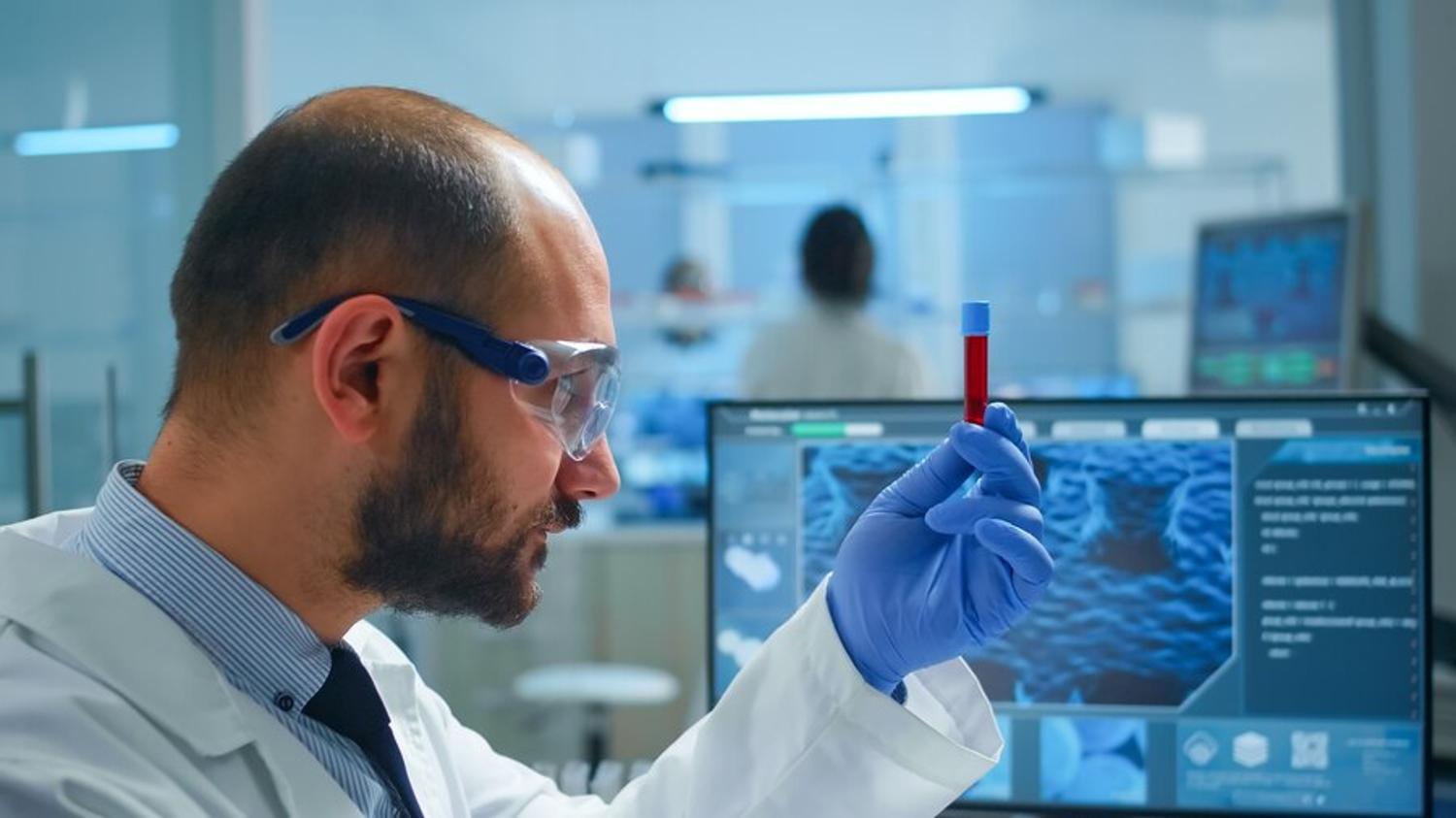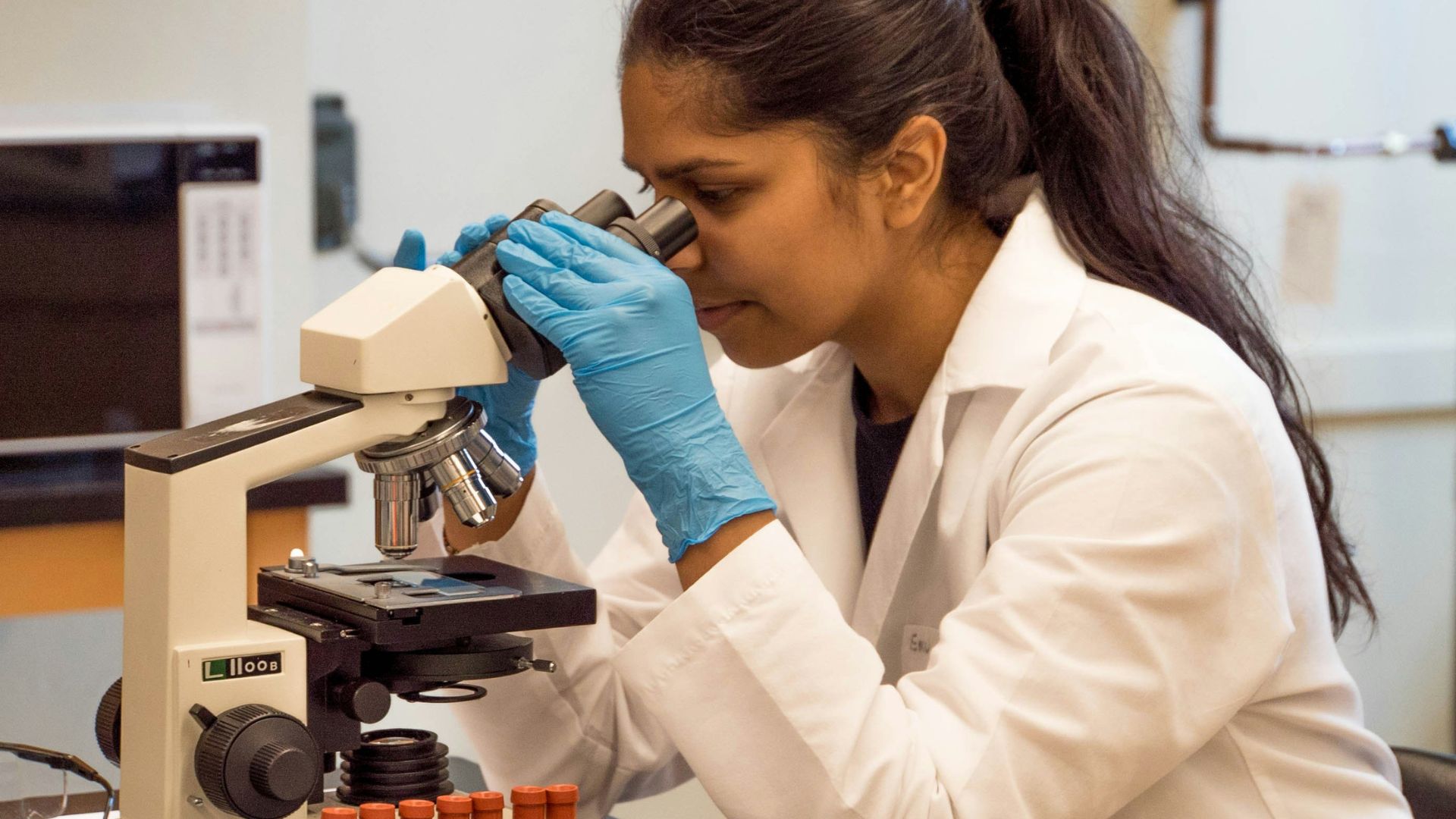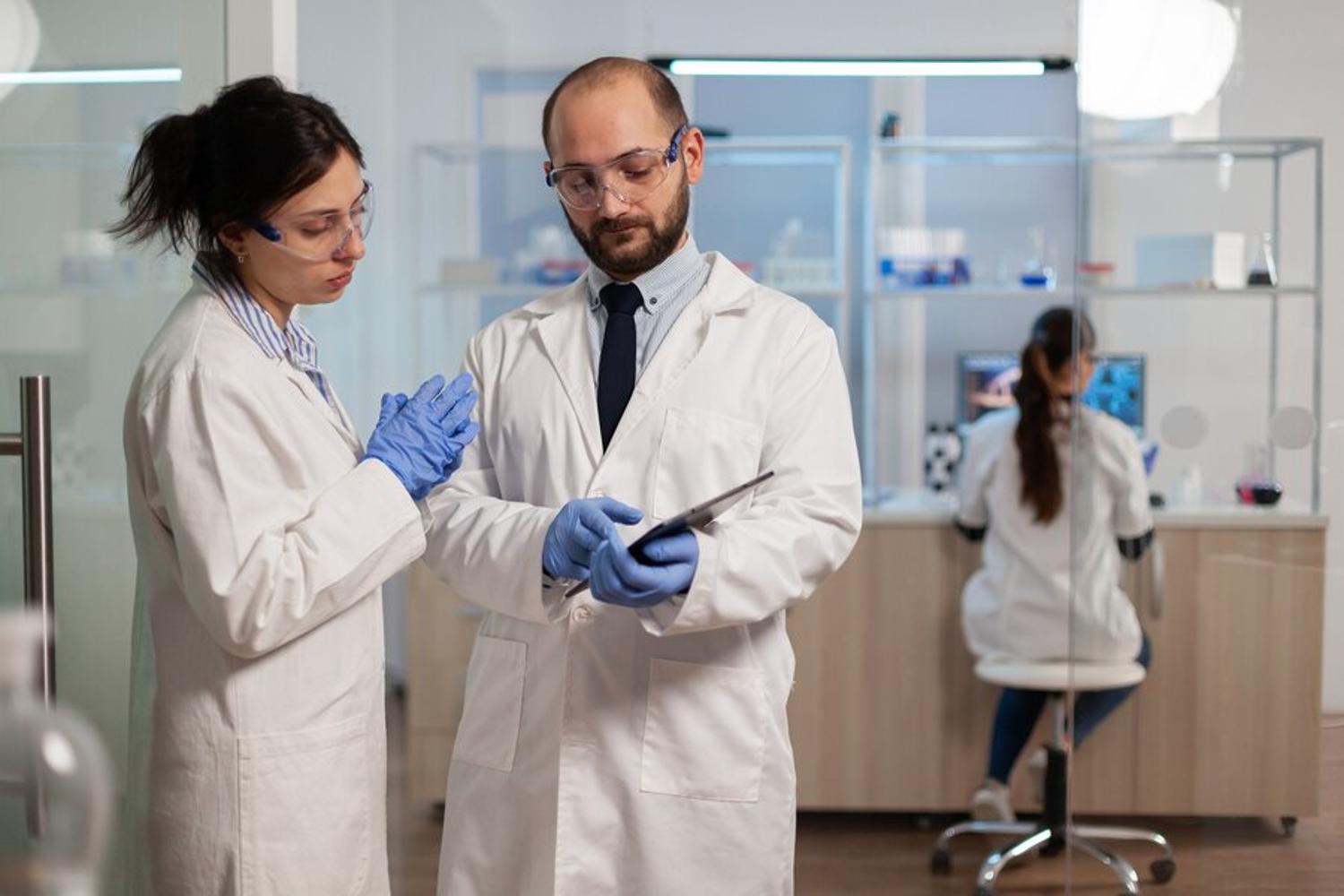Japanese researchers believe that they have discovered the secret to treating Alzheimer’s disease, and the solution may be easier than ever. New information shows that dopamine, the brain’s happy hormone, can promote the production of an enzyme that removes harmful plaques in the brain.
The science around brain diseases has been evolving for decades; just a few years ago, researchers didn’t even know what caused illnesses like dementia and Alzheimer’s. Now, the cure might not be that far off.
What is Alzheimer’s

Alzheimer’s disease is a type of dementia that affects memory loss and other cognitive abilities. It makes it so the person suffering from the affliction can no longer manage their daily life.
The greatest known risk factor for developing the disease is simply increasing age. A majority of the people who suffer from it are 65 and older. However, younger people can suffer from it as well, which is known as early-onset dementia or Alzheimer’s. The illness also gets worse with time, often leaving a person unable to remember anything or anyone significant from their life.
Dopamine Could Be a Cure

Takaomi Saido and his team at the RIKEN Center for Brain Science (CBS) in Japan found a new way to combat Alzheimer’s disease.
After using mice with the same illness, the researchers discovered that a simple treatment to alleviate the physical symptoms and improve brain memory could be dopamine.
What the New Research Shows

Published in the scientific journal Science Signaling, the study shows that dopamine promotes the production of neprilysin, a type of enzyme that breaks down harmful plaques on the brain.
Similar results in human trials could lead to a groundbreaking way to treat the illness.
What Does Dopamine Do?

Dopamine is also known as the brain’s happy hormone. It makes us feel pleasure, satisfaction, and motivation.
It also plays a crucial role in controlling memory, sleep, mood, learning, concentration, moment, and other body functions. The connection between hormones and brain illnesses is just now being studied.
The Role of Plaques on Brain Health

One of the earliest signs of Alzheimer’s disease is the formation of hard plaques around neurons in the brain. These plaques could start to form decades before behavioral symptoms or memory loss begin to show.
The study by Saido’s team shows that the enzyme can begin in regulate the plaques on the brain and reduce memory loss.
Next Up Is a Practical Treatment

Now that researchers have found a new link between dopamine and the reduction of plaques in the brain, they will need to devise a new treatment plan for patients suffering from the illness.
So far, using the hormone encapsulated in pills or a shot isn’t possible as it can’t enter the brain through the bloodstream. Right now, the researchers are looking at how the hormone is naturally produced by the hypothalamus.
Experimenting with Dopamine Activation

Using a special system, the research team used tiny receptors to trigger the dopamine-producing neurons in mice.
In the first stages, they added a designer drug to the mice’s food and were quickly able to stimulate the neurons in the mice’s brains.
Future Research Is Needed

The researchers coined the phrase L-DOPA treatment for the clinical experiments used with the mice during trials.
“We have shown that L-DOPA treatment can help reduce harmful beta-amyloid plaques and improve memory function in a mouse model of Alzheimer’s disease,” explains Watamura Naoto, first author of the study. “But L-DOPA treatment is known to have serious side effects in patients with Parkinson’s disease. Therefore, our next step is to investigate how dopamine regulates neprilysin in the brain, which should yield a new preventive approach that can be initiated at the preclinical stage of Alzheimer’s disease.”
How Is Dementia Usually Treated?

Currently, there is no way to cure dementia or Alzheimer’s disease. The brain is incredibly complicated and can usually not be rectified if mental faculties begin to decline.
The best way to manage the symptoms is to control the person suffering from the illness by living with a trusted caregiver to ensure their safety.
Life Long Habits Can Change a Later Diagnoses

Although the disease cannot be reversed once advanced symptoms start to show, there are some ways to live a healthy life, such as trying to avoid a diagnosis later in life.
Researchers have found that eating habits are one of the biggest indicators of developing Alzheimer’s. Maintaining a healthy life and diet, along with necessary social interactions and mental stimulations, can prolong the health of the brain into old age.
Memory Loss Is the Earliest Sign

One of the earliest signs of Alzheimer’s disease is simple memory loss. Many people think that forgetfulness can come with age, but in many cases, it is a sign of something worse.
If you suspect that you or someone you know is suffering from the early stages of dementia, consider speaking to a specialist or a healthcare provider to get a diagnosis. Managing symptoms early can be very beneficial for the person suffering from the illness.








































